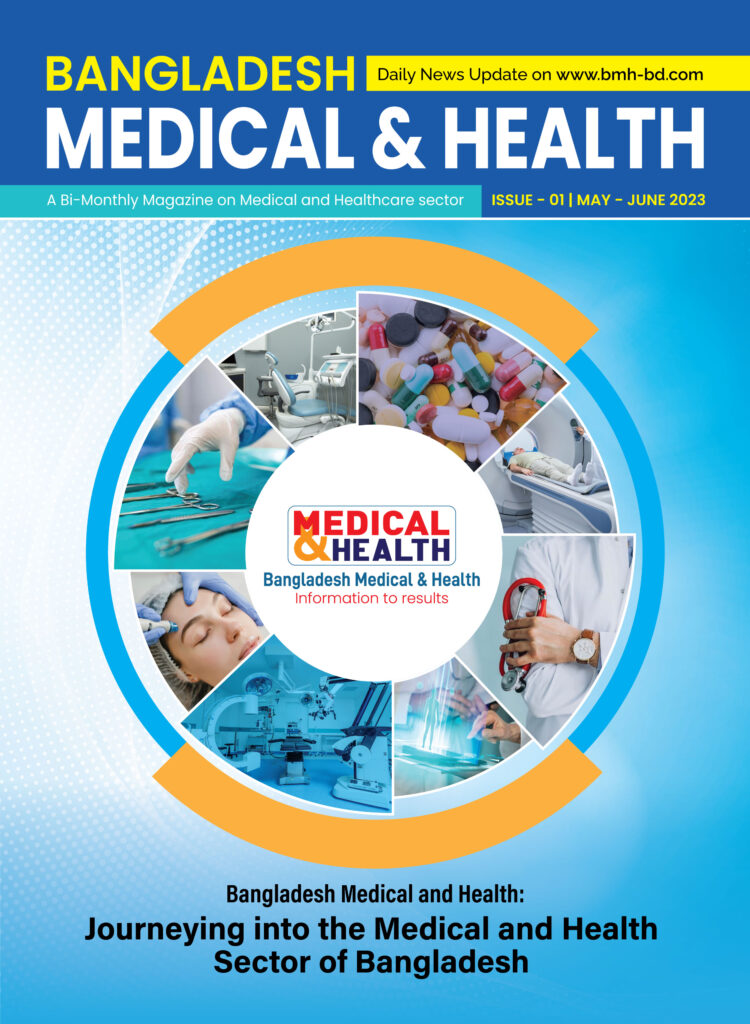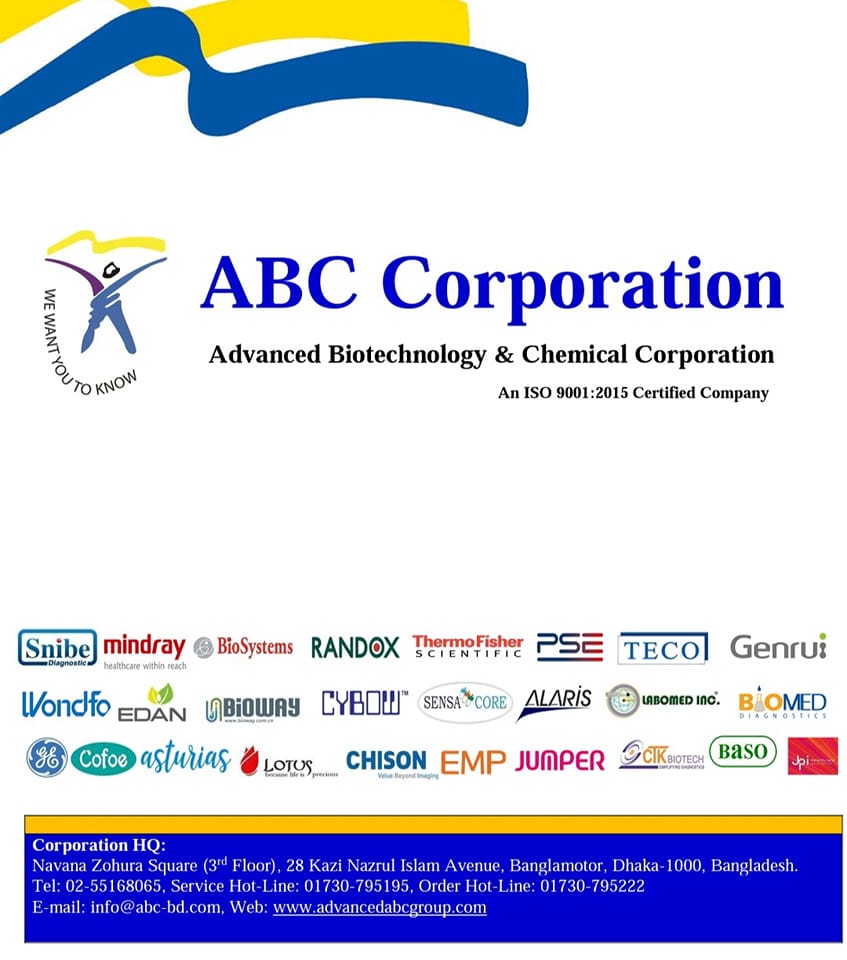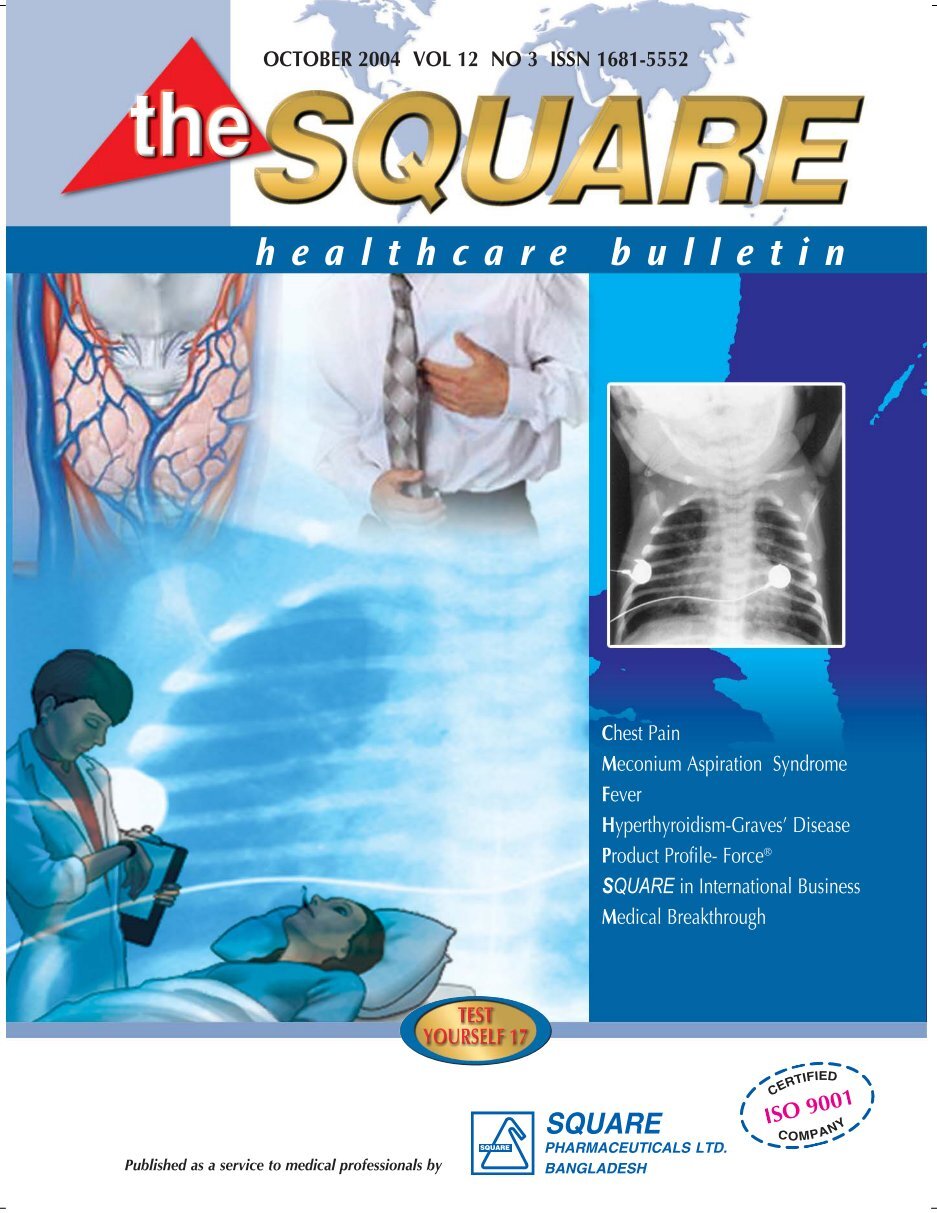Precision Medicine: Unlocking Personalized Treatment Approaches

Introduction:
Precision medicine, also known as personalized medicine, is a rapidly evolving field that holds great promise for revolutionizing healthcare. Traditional medicine follows a one-size-fits-all approach, but precision medicine aims to deliver targeted treatments that consider individual variability in genes, environment, and lifestyle. By leveraging advancements in genomics, molecular profiling, and data analysis, precision medicine seeks to unlock personalized treatment approaches tailored to a patient’s unique characteristics. This article explores the concept of precision medicine, its potential applications, challenges, and the transformative impact it can have on healthcare.
Understanding Genetic and Molecular Characteristics:
Precision medicine relies on understanding the genetic and molecular characteristics of diseases and individuals. Through genetic testing, researchers can identify specific genetic mutations, biomarkers, and variations that contribute to the development and progression of diseases. This deeper understanding allows for more accurate disease diagnosis and classification, enabling healthcare professionals to develop personalized treatment strategies.
Targeted Therapies and Treatment Selection:
With precision medicine, treatment decisions can be tailored to individual patients based on their specific genetic profiles and disease characteristics. This approach allows healthcare providers to select targeted therapies that are more likely to be effective, reducing the likelihood of adverse reactions and optimizing treatment outcomes. By identifying genetic markers associated with drug response, precision medicine aims to improve medication selection and dosing for individual patients.

Advancements in Genomics and Molecular Profiling:
The advent of next-generation sequencing and other high-throughput technologies has significantly accelerated the field of genomics. These technologies enable the rapid sequencing and analysis of an individual’s entire genome, providing comprehensive insights into their genetic makeup. Additionally, molecular profiling techniques allow researchers to examine gene expression patterns, epigenetic modifications, and protein profiles, further enhancing our understanding of diseases and potential therapeutic targets.
Integration of Big Data and Artificial Intelligence:
Precision medicine relies on the integration and analysis of vast amounts of data, including genomic information, clinical records, environmental factors, and lifestyle data. The use of big data analytics, combined with artificial intelligence (AI) algorithms, can uncover patterns, correlations, and predictive models that help identify personalized treatment strategies. AI-driven approaches can also aid in the interpretation of complex genomic data and assist in making accurate treatment recommendations.
Challenges and Future Directions:
Despite its tremendous potential, precision medicine faces several challenges. One key challenge is the need for robust infrastructure and resources to support large-scale genomic testing and data analysis. Privacy and ethical concerns related to genetic information and data sharing also require careful consideration. Additionally, there is a need for interdisciplinary collaboration among researchers, clinicians, and policymakers to standardize protocols, guidelines, and reimbursement models for precision medicine to become widespread in clinical practice.
Conclusion:
Precision medicine holds the promise of transforming healthcare by tailoring treatment approaches to the unique characteristics of each patient. Through advancements in genomics, molecular profiling, and data analysis, healthcare providers can deliver targeted therapies, optimize treatment outcomes, and improve patient care. As technology continues to advance and collaborations across disciplines strengthen, precision medicine is expected to play a pivotal role in achieving more effective, personalized, and patient-centric healthcare.













